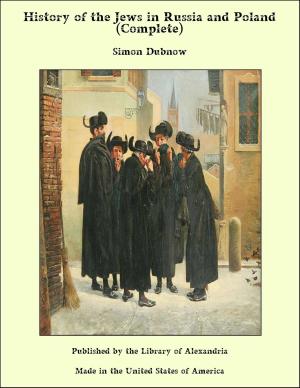Shakespeare's Alleged Blunders in Legal Terminology
Nonfiction, Religion & Spirituality, New Age, History, Fiction & Literature| Author: | Homer B. Sprague | ISBN: | 9781465588197 |
| Publisher: | Library of Alexandria | Publication: | March 8, 2015 |
| Imprint: | Language: | English |
| Author: | Homer B. Sprague |
| ISBN: | 9781465588197 |
| Publisher: | Library of Alexandria |
| Publication: | March 8, 2015 |
| Imprint: | |
| Language: | English |
Mr. William C. Devecmon of the Maryland bar has written an extremely interesting book* to establish the proposition that Shakespeare was not trained to the law. His arguments are strong and well expressed. But he is not so successful in the attempt in his last chapter to set forth “Some of Shakespeare’s Errors in Legal Terminology.” We propose to examine briefly his allegations as to this matter. The instances he cites of supposed inaccuracy are as follows: I. Queen. Tell me what state, what dignity, what honor Canst thou demise to any child of mine? King Richard. Even all I have; ay, and myself and all, Will I withal endow a child of thine. Richard III, IV, iv, 248-251. Upon this passage Mr. Devecmon comments, “Dignities and honors could not be demised;” and be cites Comyn and Blackstone. We answer. 1. If we interpret the word “demise” in its technical sense, the queen, who asks the question implying the negative, speaks correctly. King Richard cannot so “demise” them.
Mr. William C. Devecmon of the Maryland bar has written an extremely interesting book* to establish the proposition that Shakespeare was not trained to the law. His arguments are strong and well expressed. But he is not so successful in the attempt in his last chapter to set forth “Some of Shakespeare’s Errors in Legal Terminology.” We propose to examine briefly his allegations as to this matter. The instances he cites of supposed inaccuracy are as follows: I. Queen. Tell me what state, what dignity, what honor Canst thou demise to any child of mine? King Richard. Even all I have; ay, and myself and all, Will I withal endow a child of thine. Richard III, IV, iv, 248-251. Upon this passage Mr. Devecmon comments, “Dignities and honors could not be demised;” and be cites Comyn and Blackstone. We answer. 1. If we interpret the word “demise” in its technical sense, the queen, who asks the question implying the negative, speaks correctly. King Richard cannot so “demise” them.















